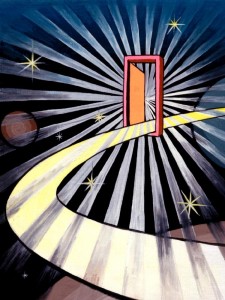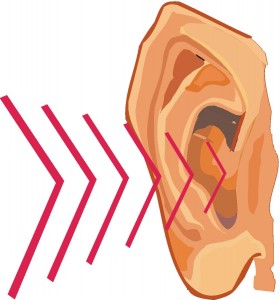
James 3:13–18, Who is wise. There is no mention here of academic degrees and titles as the basis for determining who is a wise and understanding person. This is how the world and the biblically and spiritually uninformed determine these things. Even the devil can quote scripture and appear to be spiritually astute (Luke 4:9–11). This passage states that a wise and understanding person is known by his good conduct and by the works that he does in meekness and wisdom.
To the carnally minded individual, outward appearance and notable achievements (as determined by human standards) are what matters. The character of the individual matters little. On the contrary, this is not how YHVH judges a person, nor is it how his servants are to judge a person. Judgment is to based on righteousness and not on outward appearance (1 Sam 16:7; John 7:24).
James 3:13–18, The wisdom that is from above versus the wisdom from below. In this passage, James discusses heavenly versus demonic wisdom. Did you ever wonder how to tell the difference between the voice of Elohim speaking to you, and the voice the world, the flesh and the devil? This passage gives us some guidelines on how to differentiate between the four voices that are trying to influence our minds and hearts.
Let’s first establish the fact that Yeshua wants to talk to his spiritual sheep. In John chapter four, Yeshua declares that he is the Good Shepherd, and that his sheep hear and know his voice, that he calls them by name, and that he leads them spiritually and they follow him (John 10:3–4). At the same time, someone else is vying for his sheep’s attention—the thief. Yes, the thief wants to lead Yeshua’s sheep astray, for his intention is to kill, steal and to destroy (John 10:1, 8, 10), while the Good Shepherd wants to save and protect the sheep (John 10:9, 11, 14).
Throughout the pages of the Bible we read the record of YHVH Elohim speaking to his servants and leading them. Yeshua makes it clear that he is still speaking to and leading his sheep, and the book of Acts and the Epistles confirm this.
So how does this passage in James help us to hear and to follow the voice of YHVH-Yeshua, the Good Shepherd? When we get thoughts and impressions that we think are the leading of Elohim’s Set-Apart Spirit, we must first determine their origin by putting them to the spiritual test. Is what we are hearing wisdom or knowledge that is from above, or is it wisdom or knowledge is from below—that is earthly (of this world), sensual (from the carnal mind of man) or devilish (from the demonic realm, Jas 3:13–15)? How do we know its origin? James tells us. The wisdom that is from below is envious, selfish or self-seeking, engenders confusion, and produces evil, while that which is from above is pure, peaceable, gentle,willing to yield, full of mercy and good fruits, without partiality and hypocrisy, and it produces righteousness (Jas 3:16–18).






